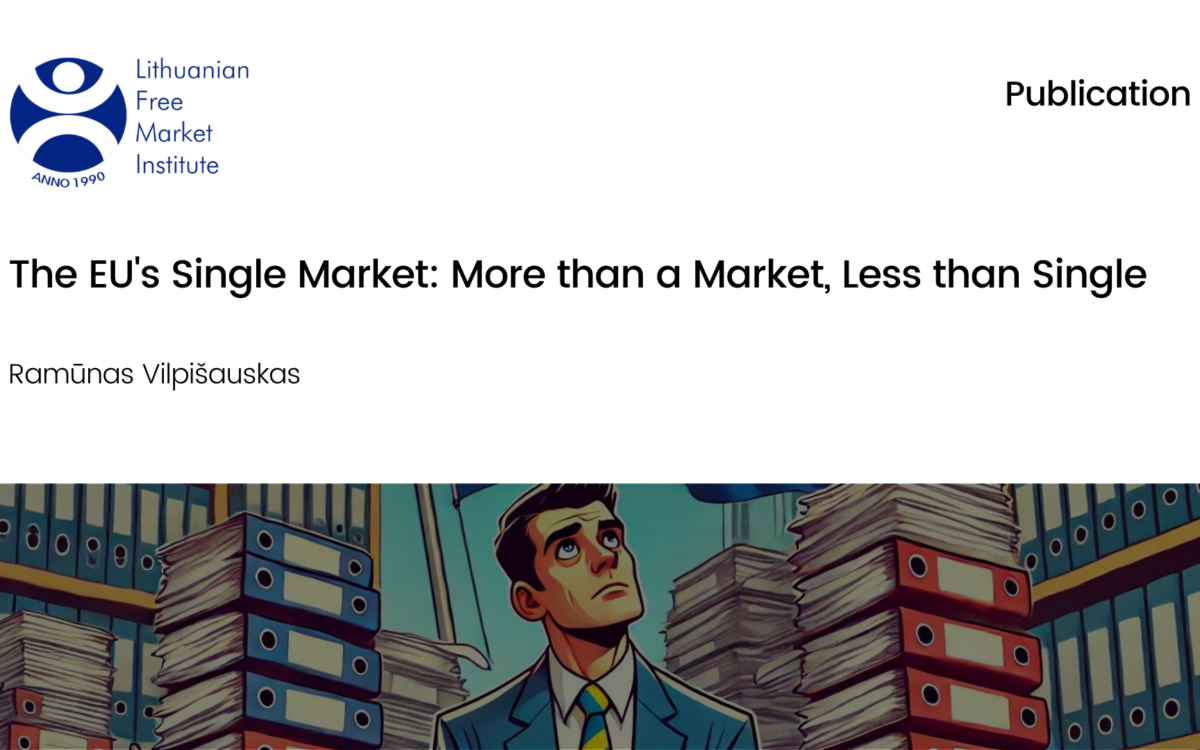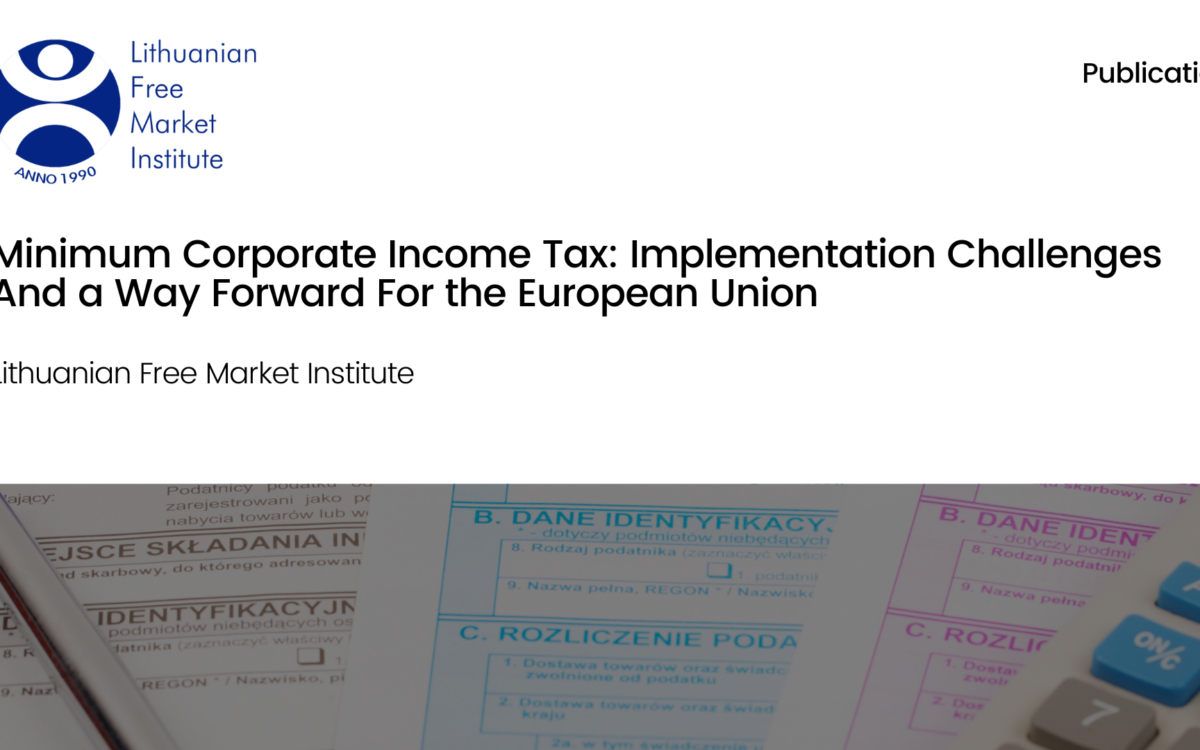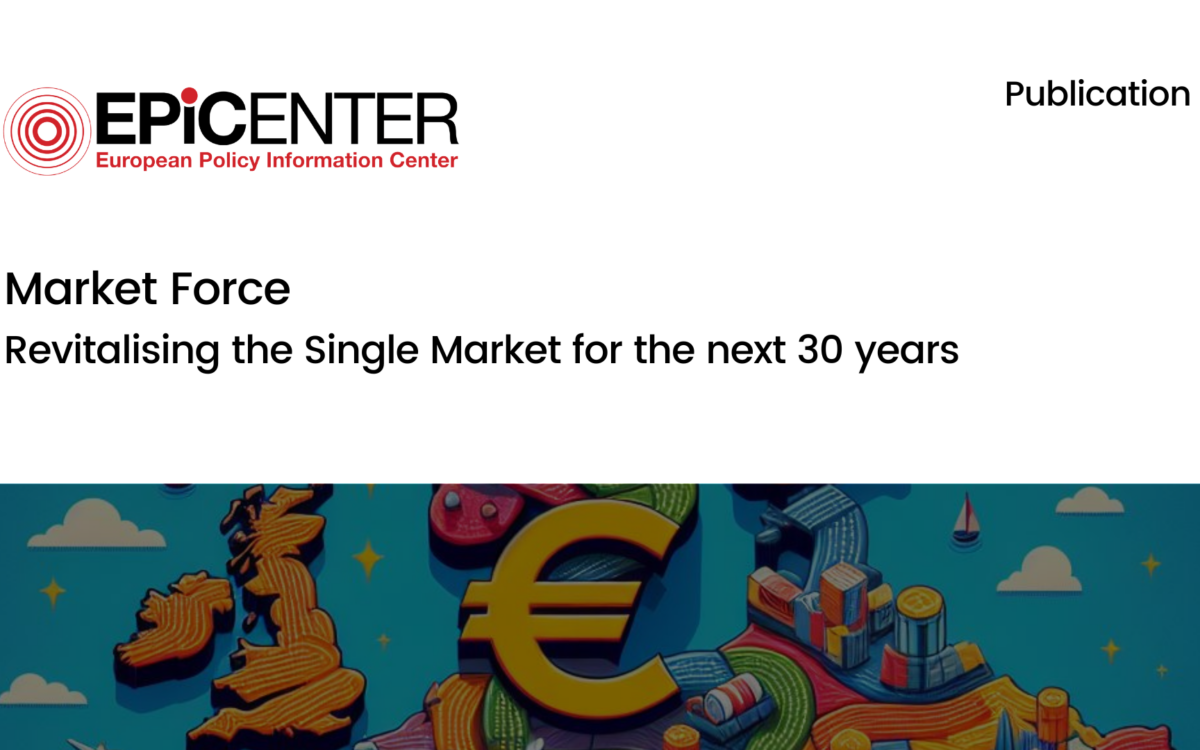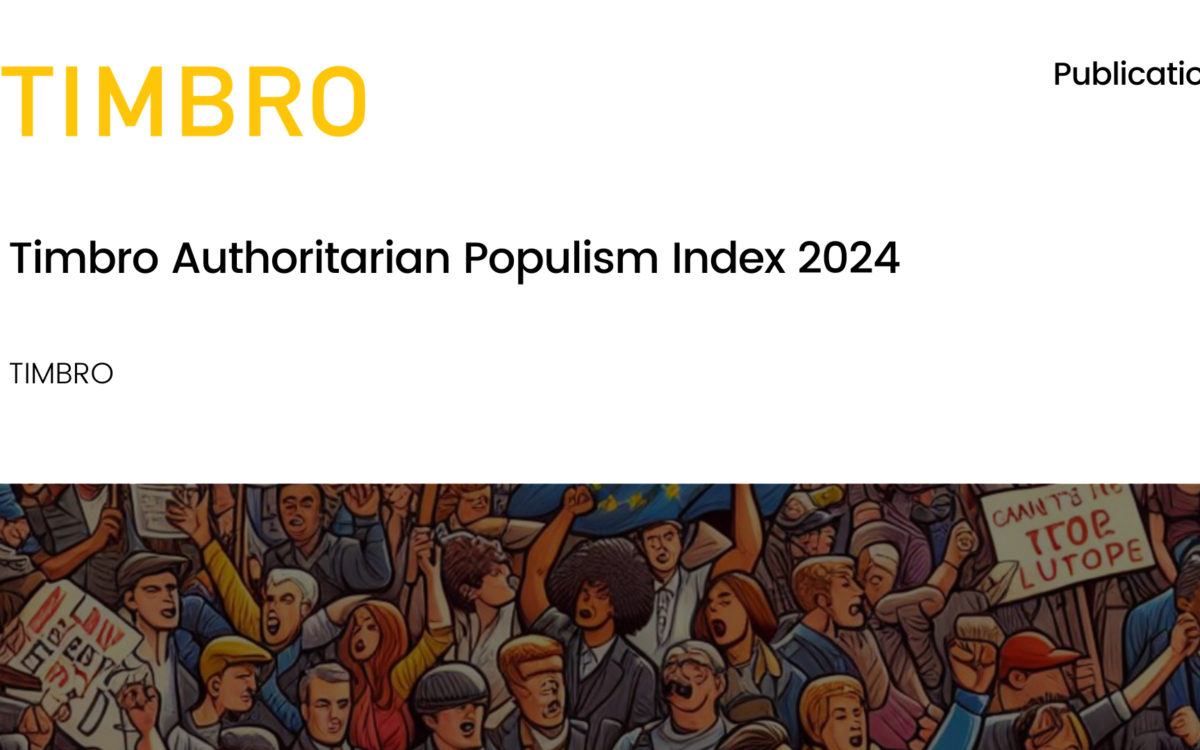Economic Freedom of the World
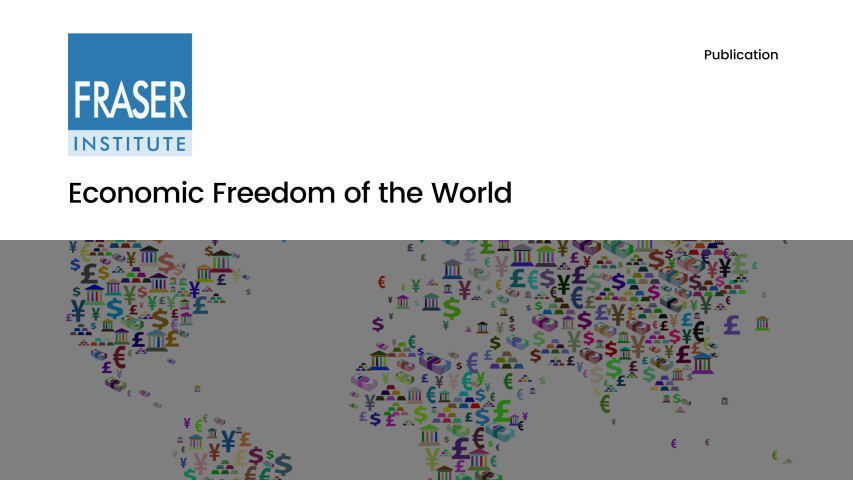
Economic Freedom of the World
10 September 2020
The Economic Freedom of the World Index measures the degree to which the policies and institutions of countries are supportive of economic freedom. The cornerstones of economic freedom are personal choice, voluntary exchange, freedom to enter markets and compete, and security of the person and privately owned property. Forty-two data points are used to construct a summary index, along with a Gender Legal Rights Adjustment to measure the extent to which women have the same level of economic freedom as men. This is the same structure as last year, though changes have been made to nine of the components.
The degree of economic freedom is measured in five broad areas. 1. Size of Government 2. Legal System and Property Rights 3. Sound Money 4. Freedom to Trade Internationally 5. Regulation.
The most recent comprehensive data available are from 2018. Hong Kong remains in the top position. The apparent increased insecurity of property rights and the weakening of the rule of law caused by the interventions of the Chinese government during 2019 and 2020 will likely have a negative impact on Hong Kong’s score, especially in Area 2, Legal System and Property Rights, going forward. Singapore, once again, comes in second. The next highest scoring nations are New Zealand,
Download or share this publication
View the PDF
EPICENTER publications and contributions from our member think tanks are designed to promote the discussion of economic issues and the role of markets in solving economic and social problems. As with all EPICENTER publications, the views expressed here are those of the author and not EPICENTER or its member think tanks (which have no corporate view).
